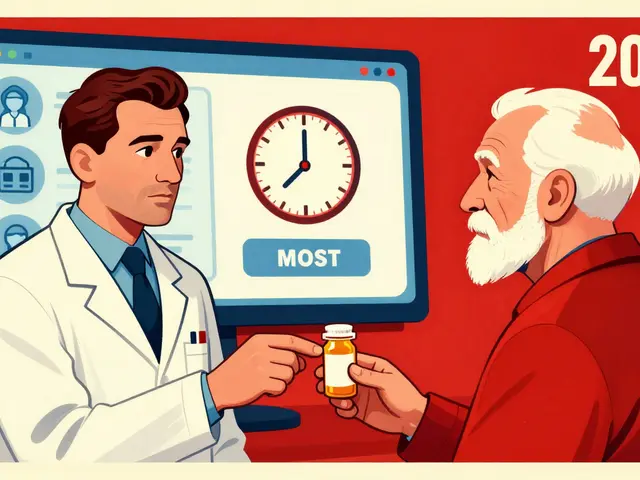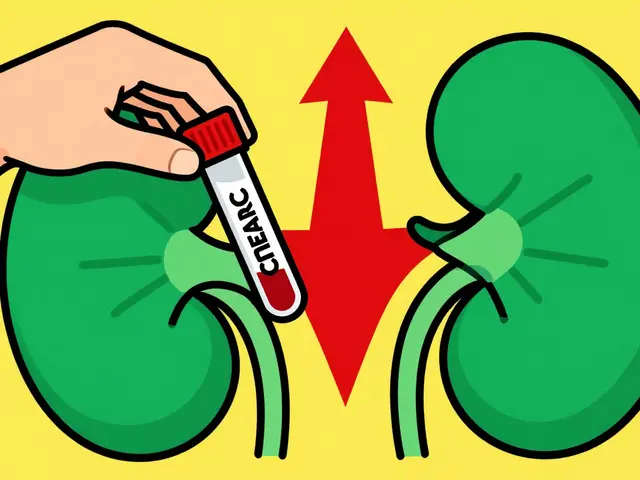Respiratory Infection Treatment: Effective Options and What Works Best
When you’re struggling to breathe because of a respiratory infection treatment, a set of medical approaches used to relieve symptoms and fight infection in the lungs and airways. Also known as lung or airway infection care, it covers everything from simple home remedies to prescription inhalers and antibiotics. Most people think a cough or stuffy nose just needs rest—but the right treatment can make the difference between feeling better in days or dragging it out for weeks.
Not all respiratory infections are the same. Some are viral, like the common cold or flu, and don’t need antibiotics. Others, like bacterial bronchitis or pneumonia, do. That’s why Ventolin inhaler, a fast-acting bronchodilator used to open airways during asthma or COPD flare-ups triggered by infection is often part of the plan—not to cure the infection, but to help you breathe while your body fights it. Many people confuse it with a cure, but it’s really a relief tool. Same goes for albuterol alternatives, other bronchodilators like levalbuterol that work similarly but may have fewer side effects or longer action. If you’re wheezing or tight in the chest, these can be lifesavers, even if the root cause is still running its course.
Then there’s chest congestion, the thick mucus buildup that makes breathing hard and often lingers after the infection starts to clear. It’s not an infection itself, but it can turn a simple cold into a sleepless, exhausting mess. That’s why treatments often target congestion—not just the bug. Decongestants, steam, hydration, and even postural drainage help. But if congestion turns into a deep, wet cough that won’t quit, or you’re running a fever, it might be time to consider antibiotics, medications that kill bacteria, not viruses, and are only effective for confirmed bacterial infections like strep throat or bacterial pneumonia. Overusing them just leads to resistance and worse side effects.
What you’ll find here isn’t a one-size-fits-all list. It’s a real-world collection of comparisons, warnings, and practical advice from people who’ve been there. You’ll see how Ventolin stacks up against other inhalers, why some antibiotics work better for certain infections, and how chest congestion can quietly trigger sleep apnea—something most doctors don’t mention. You’ll also learn what meds to avoid if you have diabetes or heart issues, and why some over-the-counter cough syrups might do more harm than good. This isn’t about guessing. It’s about knowing what works, what doesn’t, and what to ask your doctor next time you’re stuck with a bad cough.






